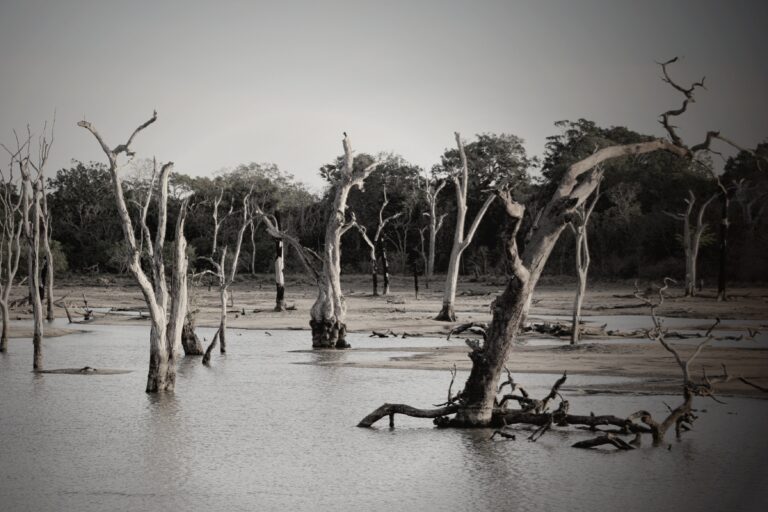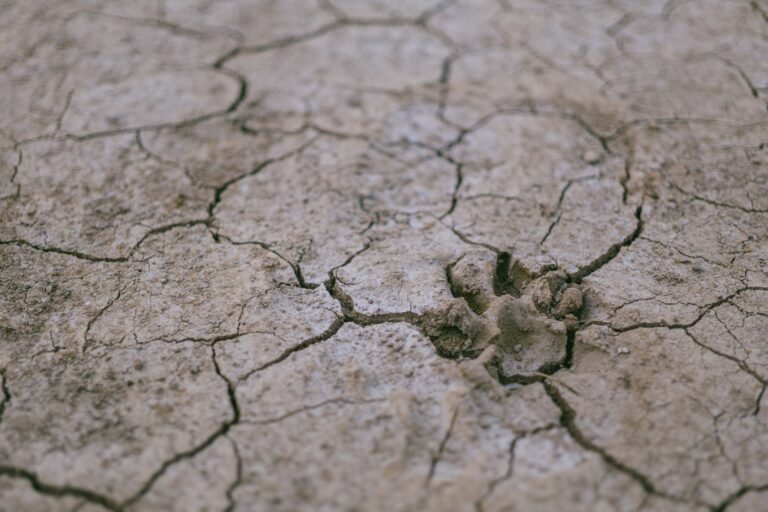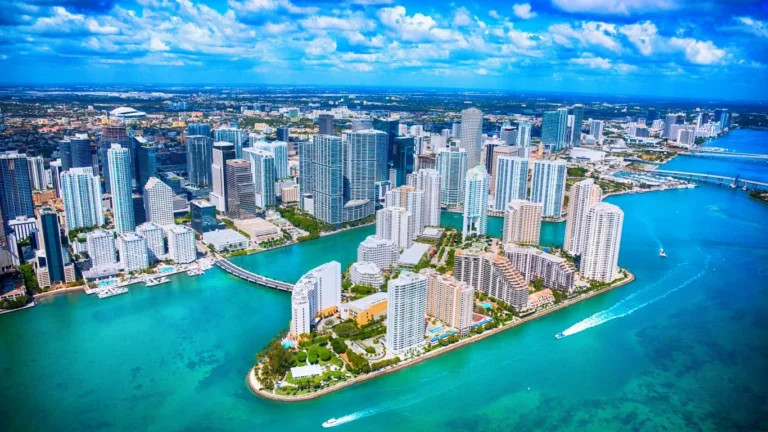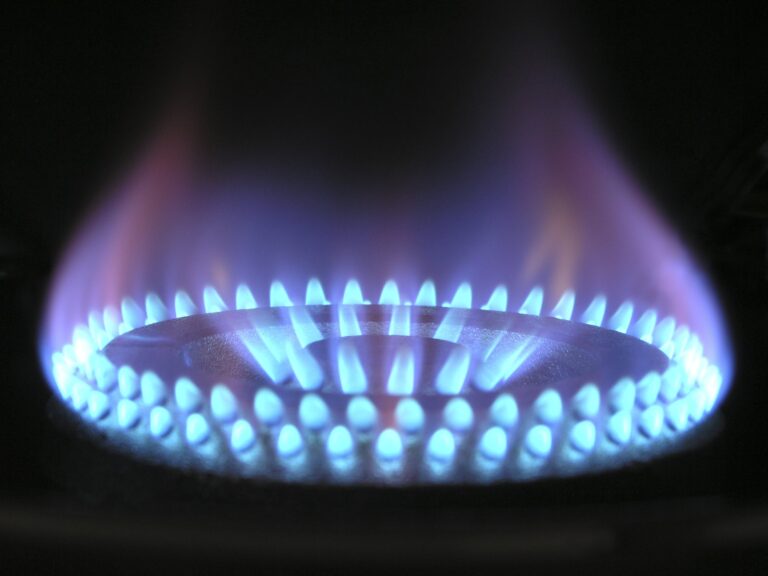Walmart’s Burning Trash
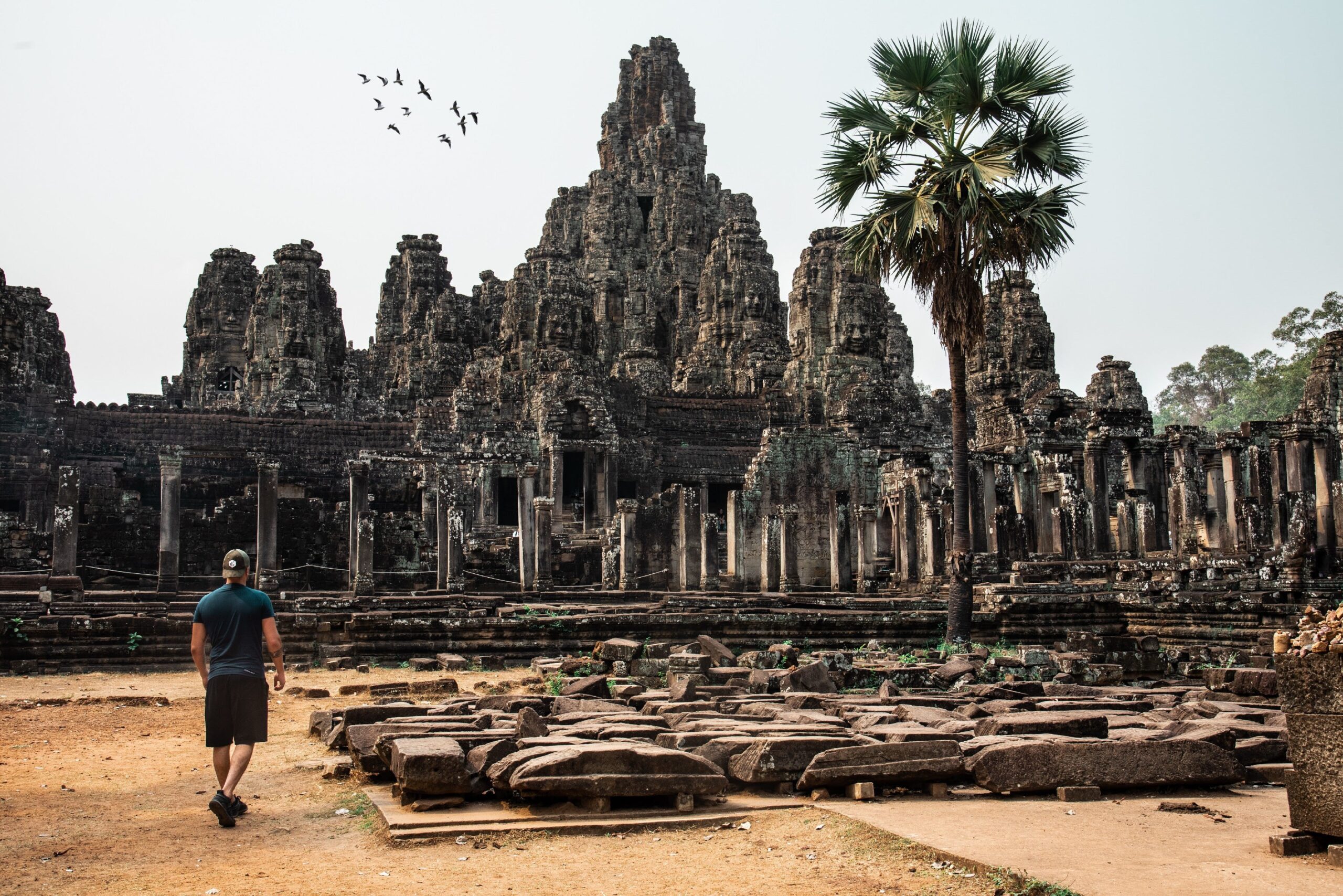
The Cambodian League for the Promotion and Defense of Human Rights recently released a report titled ‘Bound by Bricks: An Opportunity to End Debt Bondage and Child Labour in Cambodia’s Brick Factories.” Among its conclusions is that “garment waste” from Walmart and several other international companies has found its way into brick factories in Cambodia. The waste is used as fuel for brick kilns. It is another example of how the world’s largest companies contribute to the climate crisis, even in ways that are not obvious. The waste causes indoor air pollution, which is a significant health hazard.
Indoor air pollution creates dangerous symptoms. These include headaches and respiratory problems.
The WHO lists indoor air pollution as a tremendous environmental risk, even though these environments are enclosed in small places. Most of the research work by the WHO is based on residential measures. However, these have many things in common with factories.
It is worth noting that many of the people who work in the factories mentioned in The Cambodian League for the Promotion and Defense of Human Rights also live in these facilities. “An independent national survey of the brick industry, conducted in 2019, found that over 10,000 people – including nearly 4,000 children – were living in 464 operational brick factory compounds across Cambodia.”
Evidence of the harm of indoor air pollution is plentiful. The U.N. Development Programme has conducted surveys that come to similar conclusions to those from The Cambodian League for the Promotion and Defense of Human Rights according to Reuters.
Walmart is the largest company on the list of firms that had garment waste burned in the Cambdia factories. The others listed were Nike, Ralph Lauren, Michael Kors, Reebok, Next, Diesel, Clarks, Marks and Spencer’s, George at Asda, Pull & Bear, J.Crew, and Old Navy. Notably, most are US companies.
The study does not provide important pieces of information. The first is how this waste made it to these factories. The other is why these large companies do not police the actions that cause these kinds of serious problems. One guess is that these efforts cost too much time and money.

